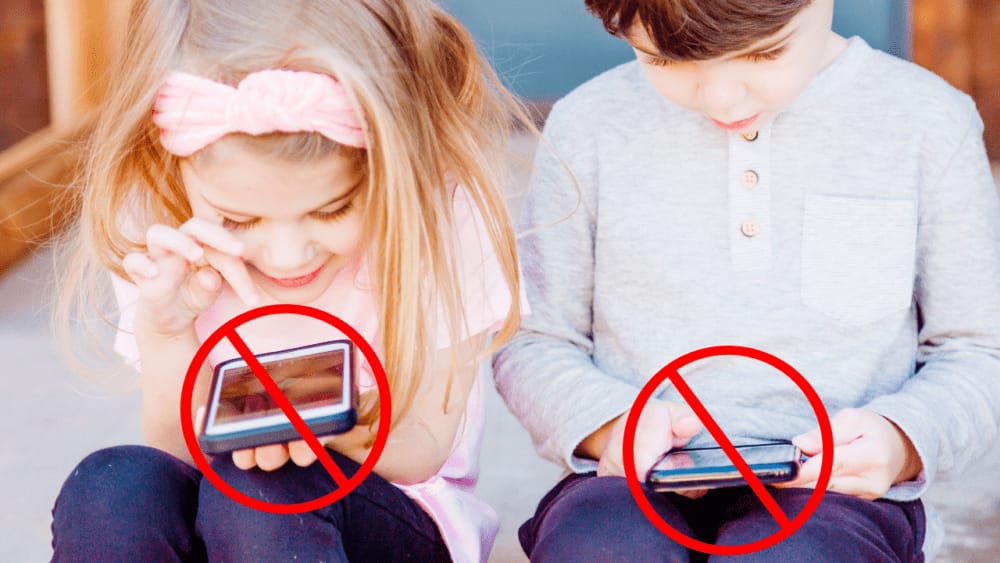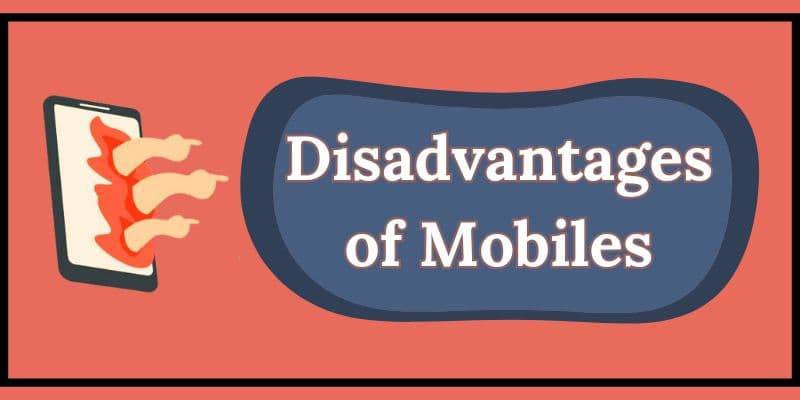The 5-stage blogging process is a structured method that helps create meaningful and impactful blog content. It starts with **Establishment**, where you choose a topic and determine the purpose of the blog. In this stage, you understand your audience and decide what you want to achieve with your writing.
Next comes **Introduction**, where you reflect deeply on the chosen topic. This stage is self-reflection, where you explore your personal experiences, beliefs, and knowledge. This brings authenticity and depth to your writing.
The third stage is **Reflective Monologue**, where you begin to express your thoughts in an organized manner. Usually this is in the form of a draft blog post, where you express your thoughts without outside influence, focusing on your unique perspective.
The fourth stage is **Reflective Dialogue**, in which you interact with others, whether through discussion, feedback, or comments on your drafts. This stage helps you refine your ideas, consider different perspectives, and improve your content by incorporating suggestions from others.
Finally, in the **Knowledge Artefact** stage, you polish and finalize your blog post. Your content now becomes a complete creation, which not only reflects your personal views but also resonates with a wider audience. This finished content is ready to be shared and contributes to the collective knowledge on the topic.
Stage 1 – Establishment
Students create a blog and begin to practise recalling and recording learning events, reflecting on them and expressing their feelings. To encourage participation in the early stages of blogging, structured questions are provided, first and foremost as a guide for contributions based on memories after an event, but secondly, to allow learners to become familiar with the technology and the process of this new writing style.
All students are encouraged to share their blog URL with their classmates by posting it on their home page on UTSOnline. UTSOnline is UTS’s learner management system, powered by Blackboard. This is an optional activity, so students are not required to read each other’s blogs. It is also made clear that I do not intend to read blogs on a regular basis, but I may visit them occasionally. There will be no assessment based on the quality or quantity of blog entries. This sharing is simply to encourage interaction and give students the opportunity to see each other’s work, if they wish to do so.
However, generally the blog entries are clearly intended for me to read! The assumption of most students is that I will read all blog entries between classes. Comments may direct anger and frustration towards the process that are rarely expressed in the classroom environment. This may provide an opportunity or permission to address emotional aspects of learning of which I was previously unaware.
Stage 2 – Introspection
Students are encouraged to continue recording learning events, at the same time as they begin to pay attention to their own feelings and begin to evaluate the experience.
Fifteen minutes are allocated for blogging at the beginning of the class session and structured questions are available to guide contributions and focus introspection. Some software challenges may still dominate the experience and often detract from the reflective process. Most of the writing is brief comments based on reporting facts, although some writers may be eager to express their negative feelings. For me, the conscious move away from writing for the lecturer begins to become apparent when students write for an anonymous reader in cyberspace.
Stage 3 – Reflective Monologues
Students begin to become consciously aware of the full range of the reflective process, from answering structured questions to reflecting on the experience and drawing some meaning for further assessment. Fifteen minutes of class time is still devoted to blogging. However, instead of structured questions, suggested topics for consideration are used with the intention of allowing students to take more responsibility for their entries. Students are also encouraged to anticipate future learning based on their past experiences. At this point many students are now making more frequent entries on their blogs during the week and summarising these during the allotted class time.
Students who have been accustomed to learning superficially display some resistance to reflection and deeper learning and these issues are often noted in their blogs. The expression of emotions may be quite different. Emotions are now related to the learning events and are not directed at the intended reader. Some students will begin to write short paragraphs with their entries evoking considerable thought. Some people begin to develop questioning techniques but are not necessarily prepared to apply their learning to future events. Writing appears to be for oneself, hence the naming of this stage as reflective monologue.
Stage 4 – Reflective Dialogue
To further encourage a deeper reflective process students need to consider their style of expression, intended audience and publication of their ideas.
No class time is allocated for blogging; however, each class discusses topics and issues that can be covered in his or her blog. There is a deliberate push towards self-directed blogging and responsibility for the content is placed on the student. At this time, some students may stop adding new posts to their blogs. The move towards self-direction and responsibility is not a comfortable paradigm shift and can be met with complete restraint. Additional encouragement and time spent at Stage 3 may remedy this problem.
Students reaching this stage acquire a ‘voice’ or style of writing in the new genre that moves away from superficial level reporting towards personal knowledge publication that demonstrates a more considered writing style. Some students develop journalistic qualities in reporting and opinionating on their learning events and experiences. Some students can now use citations from their blogs in written assessment tasks and report enthusiastically about seeing their name in references – as published work with an official URL. Students’ blogs form a type of learning conversation or dialogue.
Stage 5 – Knowledge Artefacts
Students move from publishing personal knowledge to reflecting on what they have learned and providing guidance to readers, who can use the knowledge as knowledge artefacts to enhance their own experience and learning. Students at this stage can begin to read each other’s blogs and make comments in contradiction or agreement – deliberately providing their experiences and opinions as an opportunity for others to learn, thereby creating knowledge artefacts. Students are now fully aware of the wider reach of blogs, not only as writers but also as readers. Their writing may be strongly considered, however, it can also demonstrate critical thinking and deeply reflective qualities of learning.
Issues for further consideration
Incorporating the blogging process into my pedagogical strategies has raised many questions and provided opportunities to enhance reflection across e-learning topics. It has also opened up a path for further research on the blogging phenomenon as a learning journal. Some questions and issues that deserve further investigation in the future are outlined below. In response to informal discussions about the blogging experience, students have reported greater freedom to comment, no pressure to stay consistent with focus questions or issues, the ability to publish small, unconnected pieces of knowledge that may suddenly mean something to them, and somewhere to record their experiences related to their learning that can be revisited later. All qualities essential for deep learning.
Are blogs a new style of learning journal? Are there any difference between personal knowledge publications and writing for learning journals? If the process of writing is seen as a means of reflecting on and attempting to create meaning from the issues and content being presented in a learning context, does the genre of writing also influence the depth of this process? Boud (2001) suggests that the use of learning journals can have a number of purposes and that reflection can be promoted in a number of ways through a variety of strategies and tools. Furthermore, the circumstances in which writing takes place can have a powerful impact on the outcomes of reflection. What is different about the blog experience? Walker (1985: 65) believes that ‘constructive interaction with one’s own development helps to ensure that new knowledge is incorporated and integrated with existing knowledge.’ Does a blog provide constructive engagement to the learner? If knowledge artefacts are reworkings of ideas that clearly state a position or argument then does blogging have the potential to encourage reflection and deeper learning at both levels of reflection – in action and in future action?
Read Also:
- Blogging For Beginners
- Recommended Blogging Tools, Tips, And Resources
- Blogging and Uses of Blogs in Libraries
- Blogging With Tumblr
- 3200 Plus Top And Most Profitable Blogging Niches






